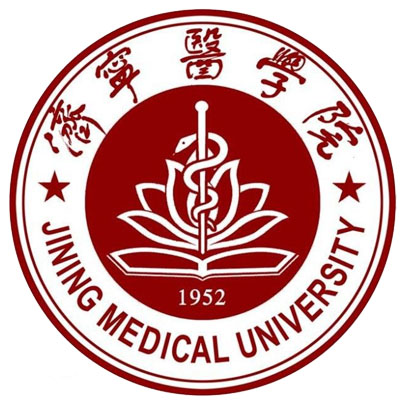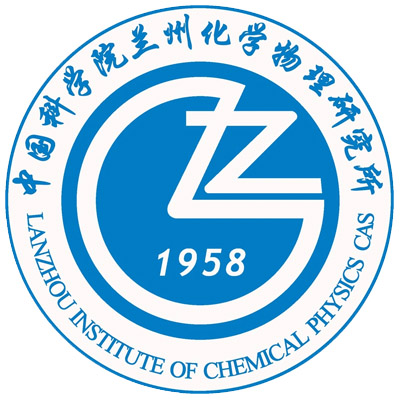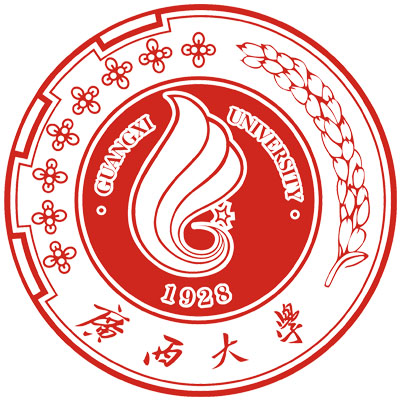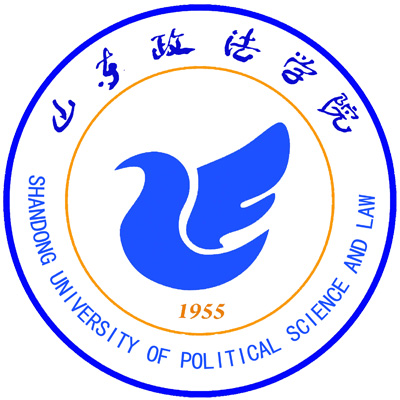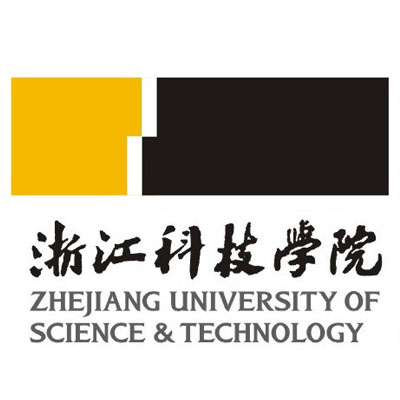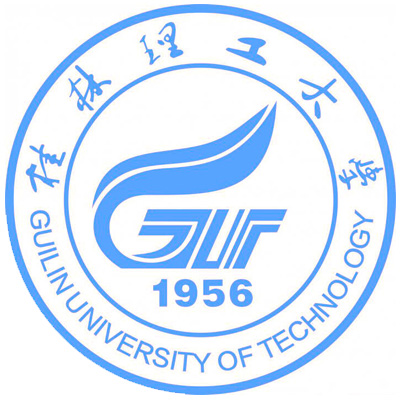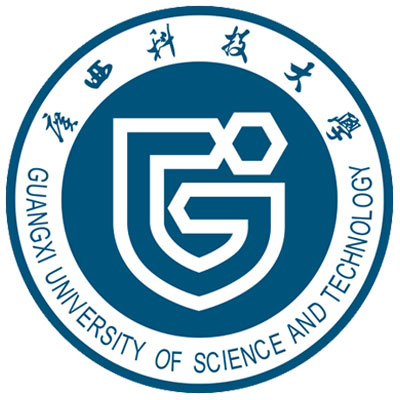丹麦哥本哈根大学2023年招聘博士后(人工智能用于人类基因组学)
哥本哈根大学 (英文: University of Copenhagen; 丹麦文: Københavns Universitet;简称:UCPH / KU)坐落于丹麦王国首都哥本哈根,是丹麦最高学府,4EU+联盟、国际研究型大学联盟、欧洲研究型大学联盟、欧洲首都大学联盟、欧洲大学协会成员。大学建于1479年,已有500多年历史,从最初只对社会名流开放,现已发展成一所学科全面、集教育与科研于一身的世界研究型大学。
作为欧洲的教育和科研机构之一,哥本哈根大学下属6个学院,包括36个部门以及200多个研究中心,综合排名跻身世界一流。哥本哈根大学位居2021软科世界大学学术排名第30位,2022泰晤士高等教育世界大学排名第96位,2022QS世界大学排名第79位,2022U.S. News世界大学排名第37位。
哥本哈根大学科研经费为全欧第4,仅次于剑桥大学、牛津大学和苏黎世联邦理工学院。截至2018年底,共有39位校友曾获得诺贝尔奖。
Postdoc in Artificial Intelligence for Human Genomics at the Supek Group, BRIC
Copenhagen University
Denmark
November 20, 2023
Contact:N/A
Offerd Salary:Negotiation
Location:N/A
Working address:N/A
Contract Type:fixed-term position
Working Time:Negotigation
Working type:N/A
Ref info:N/A
Faculty of Health and Medical Sciences University of Copenhagen
We are looking for a highly motivated and dynamic postdoc for a 4-year position, to commence 1st February 2024, or soon thereafter (flexible start date).
The postdoc will be linked to the ERC Consolidator project “STRUCTOMATIC” to study mutagenic and DNA repair processes operating in human cells, in particular those generating structural variation (SV, also known as genomic rearrangements) and their role in disease. We will combine diverse computational approaches based on artificial intelligence, evolutionary modelling, and long-read genome sequencing data analysis. The aim is to infer SV mutation risk and understand consequences of SVs on genetic disease, cancer, and other aging-associated disorders.
Information on the department can be found at: https: // www. bric.ku.dk/
Our research
The Supek group is home to a highly interdisciplinary team, working at the intersection of genomics, molecular biology, and artificial intelligence. In our studies, we are striving for excellence and impact – we aim to do science that pushes the boundaries of human knowledge, and that benefits citizens health. The lab employs cutting-edge technologies in large-scale data analysis (cancer genomics, population genomics), DNA/RNA sequencing (e.g. Nanopore data generation and analysis), gene editing (e.g. Cas12a combinatorial disruption) and artificial intelligence (e.g. DNA and protein language models).
In addition to focus on high-impact research projects (e.g. ERC “HYPER- INSIGHT”, ERC “STRUCTOMATIC”), the Supek group also has a broad network of international collaborators across Europe (see e.g. EU Horizon consortia “DECIDER” and “LUCIA”, where we study ovarian and lung cancer genome evolution, respectively). The lab fosters a dynamic and inclusive atmosphere where excitement about science is valued. We are highly committed to mentoring and career development of PhD students, postdoctoral fellows, and other team members.
Your job
We invite the brightest minds in the world of bioinformatics to dive into the frontier of human genomics research using machine learning. As a part of our dynamic team, you'll be at the forefront of understanding structural variation (SV) mutations in the human genome, and their impact on disease risk and cancer evolution.
You will lead the charge in developing a computational framework based on DNA language models that comprehensively describes repetitive, structure-prone, difficult-to-replicate sequences, linking them with DNA fragility and with varied SV mutational risk features. This will be applied to long-read sequencing data (Nanopore, PacBio), drawing both on public genomic resources (cancer genomes, population genomes) and on genomes and transcriptomes generated in-house.
You will utilize cutting-edge deep learning methodologies (transformers, convolutional nets, autoencoders) to describe risk towards breakage and rearrangement in various loci of the human genome, based on the DNA sequence and on the epigenomic features. You will study the variation in local SV mutation risk across individuals, and link this with their inherited genetic background. This will elucidate the consequences of genetic variation in human populations on risk of acquiring pathogenic SV mutations in disease genes, particularly those driving cancer evolution. Your research will have broad- ranging implications to understanding DNA replication/repair mechanisms, human genome evolution, and genetic disease and cancer risk prediction.
Profile We are looking for a highly motivated and enthusiastic scientist with the following competencies and experience:
Essential experience and skills:
· You have a PhD in genomics/epigenomics/transcriptomics, evolutionary biology, (bio)statistics or machine learning or related fields.
· You are experienced in various computational biology tools/databases, in statistical data analysis and visualization, and in writing code in at least one programming language.
· You have an active interest in understanding the biology of mutagenesis and DNA repair and its role in genetic disease, and in learning new bioinformatics and artificial intelligence approaches.
· Solid level of written and spoken English
· At least one first-author publication or preprint from your PhD and/or MSc work.
Desirable experience and skills:
· Experience with bioinformatics methods and tools for (a) genetic variant calling; and/or (b) mutational signature analysis; and/or (c) evolutionary modelling (tests for selection etc); and/or (d) long read sequencing analysis; and/or (e) neural networks.
· Background knowledge in fields related to biomedical genomics or DNA replication/repair or genome evolution or applied AI to omics data.
· Proficiency in R or Python, and genomics and machine learning libraries therein.
· Two or more first-author publications and/or preprints from your PhD and/or MSc work.
Place of employment
The place of employment is at the Biotech Research & Innovation Centre (BRIC), University of Copenhagen. We offer creative and stimulating working conditions in dynamic and an international research environment. Our research facilities include modern laboratories and high-performance computing infrastructure.
Terms of employment The average weekly working hours are 37 hours per week.
The position is a fixed-term position limited to a period of 4 years. The starting date is 1st February 2024, or as soon as possible thereafter.
Salary, pension and other conditions of employment are set in accordance with the Agreement between the Ministry of Taxation and AC (Danish Confederation of Professional Associations) or other relevant organisation. Currently, the monthly salary starts at 36,412 DKK/approx. 4,880 EUR (October 2023 level). Depending on qualifications, a supplement may be negotiated. The employer will pay an additional 17.1 % to your pension fund.
Foreign and Danish applicants may be eligible for tax reductions, if they hold a PhD degree and have not lived in Denmark the last 10 years.
The position is covered by the Job Structure for Academic Staff at Universities 2020.
Questions For further information about the project and the postdoc position, please contact Prof. Fran Supek; fran.supek@bric.ku.dk
Foreign applicants may find this link useful: www. ism.ku.dk (International Staff Mobility).
Application procedure Your online application must be submitted in English by clicking ‘Apply now' below. Furthermore, your application must include the following documents/attachments – all in PDF format:
· Motivated letter of application (max. one page).
· CV incl. education, work/research experience, language skills and other skills relevant for the position.
· A certified/signed copy of a) PhD certificate and b) Master of Science certificate. If the PhD is not completed, a written statement from the supervisor will do.
· List of publications and preprints. Please include summaries for up to 3 selected publications, describing the main impact and specifying your contributions to each particular study.
Deadline for applications: 20 November 2023, 23.59pm CET
We reserve the right not to consider material received after the deadline, and not to consider applications that do not live up to the abovementioned requirements.
The further process After the expiry of the deadline for applications, the authorized recruitment manager selects applicants for assessment on the advice of the hiring committee. All applicants are then immediately notified whether their application has been passed for assessment by an unbiased assessor. Once the assessment work has been completed each applicant has the opportunity to comment on the part of the assessment that relates to the applicant him/herself.
You can read about the recruitment process at https: // employment.ku.dk/faculty/recruitment-process/
The applicant will be assessed according to the Ministerial Order no. 242 of 13 March 2012 on the Appointment of Academic Staff at Universities.
Interviews are expected to be held during December 2023.
The University of Copenhagen wish to reflect the diversity of society and encourage all qualified candidates to apply regardless of personal background.
为防止简历投递丢失请抄送一份至:boshijob@126.com(邮件标题格式:应聘职位名称+姓名+学历+专业+中国博士人才网)
中国-博士人才网发布
声明提示:凡本网注明“来源:XXX”的文/图等稿件,本网转载出于传递更多信息及方便产业探讨之目的,并不意味着本站赞同其观点或证实其内容的真实性,文章内容仅供参考。




